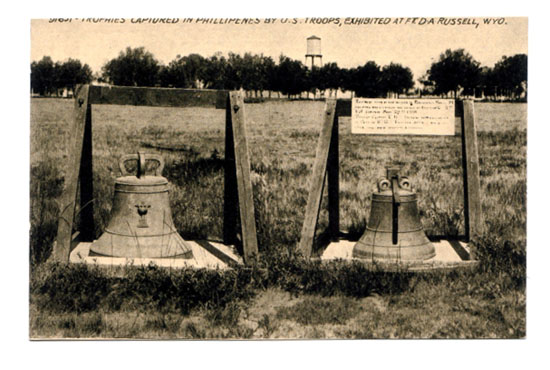
The US ambassador to the Philippines has backed calls for the return of the Balangiga bells.
Speaking today (Tuesday, September 5) ambassador Sung Kim said Washington remained committed to returning artefacts seized during the Filipino-American war.
The Philippine government has for decades for the return of the bells, but Washington has always remained non-committal.
In his state of the nation address in July, President Duterte raised the issue of the bells saying: “Give us back those Balangiga bells. Because they are ours. They belong to the Philippines. They are part of our national heritage. Please return it. That is painful for us.”
Ambassador Kim said that there were “issues” in the US that needed to be resolved before the bells could be returned.
“It’s difficult for me to predict the exact time. But I assure you that we are committed to making sure that the bells are returned to the Filipino people. I hope that we will be able to see some progress in the not too distant future,” he added.
a“I believe it’s the right thing to do and I really do hope that we will be able to return the bells soon.”
He added that there was “an ongoing effort” and “an ongoing discussion within the US government and the Philippine government to try and facilitate the return of these bells as quickly as possible”.
One of the three church bells is at a US base in South Korea, while two others are at a base in Cheyenne, Wyoming.
Balangiga bells signalled massacre
It is said the bells were rung to signal a surprise attack on American soldiers in Samar in 1901. The attack, known as the Balangiga Massacre, claimed the lives of 48 US soldiers.
In reprisal, General Jacob Smith ordered that Samar be turned into a “howling wilderness”. He also ordered that any Filipino aged above ten and capable of bearing arms be shot.
Ambassador Kim acknowledged that the bells were “emotionally and historically important” for the Filipino people.
